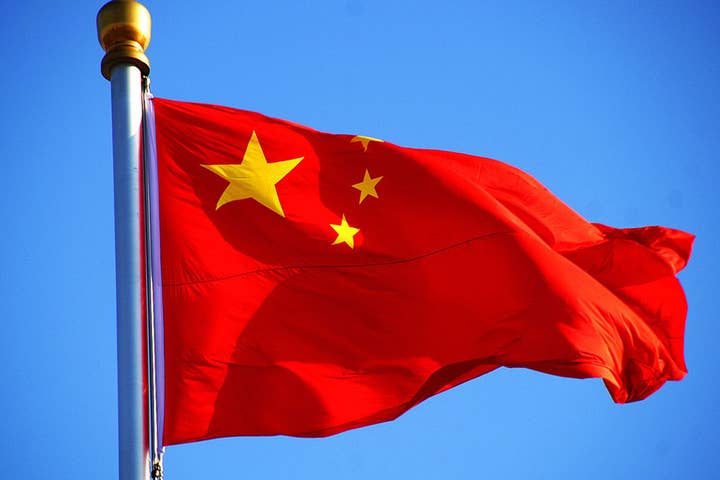Chinese government halts new game approvals to work through backlog
Update: NetEase contradicts report, says some regulators are adjusting application process but no halt
Update: In NetEase's Q4 2018 earnings call, NetEase CEO William Ding contradicted reports earlier this week that seemed to suggest China had put a halt on applications for new game approvals.
As noted to GamesIndustry.biz by Khalid Natto of The KIN Consortium, when asked by an investor to comment on the reported suspension, Ding replied that the company was not aware of a halt.
"There were market news and rumors yesterday talking about alleged game suspensions. We would like to say that we do not see that. Some provisional and local regulators have modified the format of material submissions, but we do not interpret that as a shut-down of new game approvals."
Original story:
Barely two months since the thaw, China's State Administration of Press and Publications has once again frozen new game approvals.
That's according to an anonymous gaming executive close to the issue who confirmed the news to South China Morning Post.
The information has yet to be made public, and there is currently no indication when the latest suspension will be lifted, but companies can still submit games for to the approval queue.
However, Niko Partners analyst Daniel Ahmad said this move was almost inevitable given the backlog which built up during the nine-month freeze last year.
The games reportedly need to be approved in the order they were submitted, going back to March 2018. Since lifting the suspension in December, the SAPP has approved six batches.
"Therefore, game publishers in China will need to wait for the current backlog of games to be cleared out before they can submit new games for approval," he said on Twitter.
Even so, a prolonged suspension could hurt publisher earnings, as noted by Niko Partners founder Lisa Hanson when speaking with the South China Morning Post.
The suspension last year proved painful for the Chinese games industry, as growth slowed to single digits for the first time in a decade.
Meanwhile, gaming giants Tencent and NetEase saw billions of dollars wiped from their respective market values.
After reaching lifetime peaks in January last year, Tencent lost roughly 33.7% of its value while NetEase saw 31.6% wiped over the course of 2018.
Furthermore, despite bringing both Fortnite and PlayerUnknown's Battlegrounds to China, the freeze has left Tencent unable to monetise either game.
For the record: This article has been amended to clarify that the SAPP has approved six batches of games, rather than the previously stated three.

